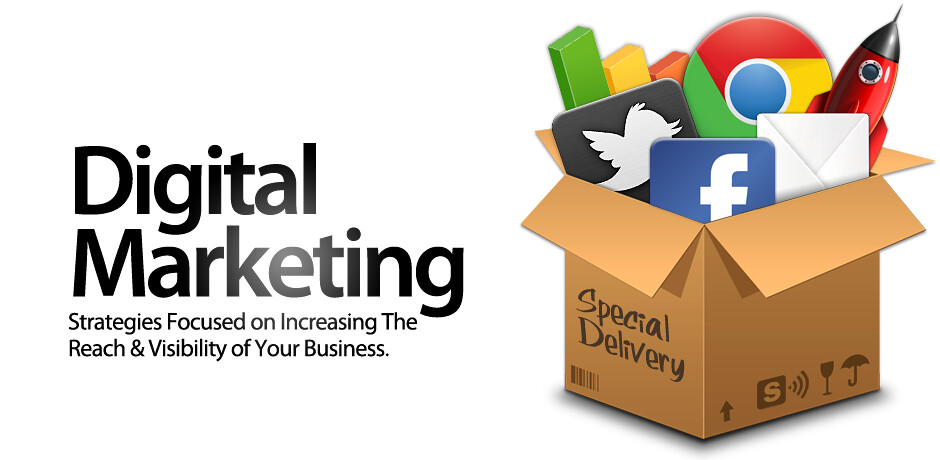Good digital marketing is a multi-faceted approach to promoting and growing a business or brand in the digital space. It involves the strategic use of various online channels and tools to reach and engage with a target audience effectively. Here are some key elements that contribute to good digital marketing:
- Clear Strategy: Good digital marketing begins with a well-defined strategy. This includes setting clear goals, identifying the target audience, and outlining the tactics and channels to be used.
- Website Optimization: A well-designed and user-friendly website is essential. It should be mobile-responsive, fast-loading, and easy to navigate. The content on your website should be informative and engaging.
- Search Engine Optimization (SEO): SEO is crucial for ensuring that your website and content are easily discoverable by search engines. This involves optimizing your content for relevant keywords and ensuring good technical SEO practices.
- Content Marketing: Providing valuable and relevant content through blog posts, videos, infographics, and other formats can help attract and engage your target audience. Content should be informative, educational, and shareable.
- Social Media Marketing: Leveraging platforms like Facebook, Twitter, Instagram, and LinkedIn to connect with your audience, share content, and build brand awareness.
- Email Marketing: Utilizing email campaigns to nurture leads, retain customers, and share valuable content or promotions.
- Pay-Per-Click (PPC) Advertising: Running targeted paid advertising campaigns through platforms like Google Ads or Facebook Ads to reach potential customers.
- Analytics and Data Analysis: Regularly monitoring and analyzing data to assess the performance of your digital marketing efforts. This includes tracking website traffic, conversion rates, and engagement metrics.
- Personalization: Tailoring your marketing messages and content to the specific needs and preferences of your audience. This can be done through data analysis and segmentation.
- Customer Relationship Management (CRM): Managing and nurturing relationships with customers and leads through CRM software and strategies.
- Conversion Optimization: Continuously optimizing your website and marketing materials to increase the conversion rate, whether that means getting more subscribers, leads, or sales.
- Adaptability: The digital landscape is constantly changing. Good digital marketing requires staying up-to-date with industry trends, algorithm updates, and emerging technologies.
- Ethical and Transparent Practices: Honesty and transparency are key. Customers appreciate authenticity and are more likely to engage with brands that are open and honest.
- Budget Management: Effectively managing your budget to maximize ROI is crucial. Allocate resources to the channels and strategies that perform best for your business.
- Compliance and Data Security: Ensure that your digital marketing practices comply with legal and ethical standards, including data privacy regulations like GDPR or CCPA.
Why digital marketing is important?
Digital marketing is crucial in today’s business landscape as it allows companies to reach and engage with their target audience where they spend a significant amount of their time: online. With the majority of consumers researching and making purchasing decisions on the internet, digital marketing offers an effective way to connect with potential customers. It provides businesses with a cost-effective means of promoting products and services, measuring performance, and refining strategies in real-time. Additionally, it offers the ability to reach a global audience, enhance brand visibility, and tailor marketing efforts to individual preferences, all of which are essential for staying competitive and successful in the digital age.
Good digital marketing is a dynamic and ever-evolving field. It requires constant learning, testing, and adaptation to remain effective in reaching and engaging with your target audience in the digital space.
